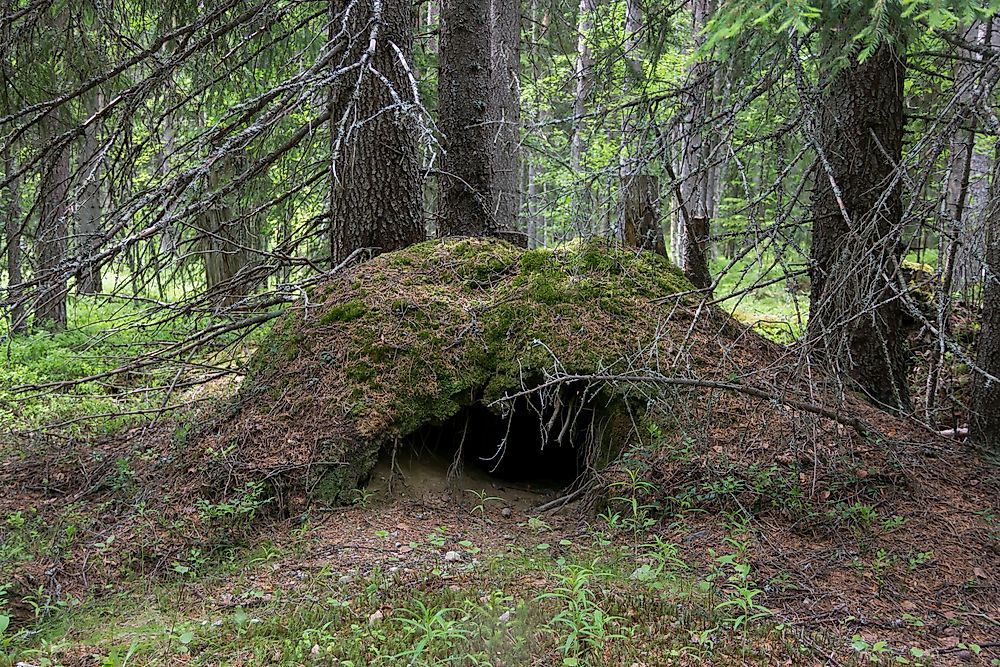Do All Bears Hibernate In The Winter?

Hibernation is the condition in which animals become inactive during winter. During this period, they do not move and they remain in one place. A hibernating animal will experience a slow heartbeat rate as well as lower body temperatures matching that of the environment. Animals that hibernate are the ones which are mostly found in the cold regions such as the polar areas of Arctic and Antarctic zones. Some of the well-known animals that undergo this condition include ground squirrels, deer mice, some bears, skunks, and bats among many other animals.
However, there are other animals which exhibit some characteristics of hibernation. These animals are not true hibernators although they may be inactive during harsh winter temperatures, a condition referred to as torpor. An example of animals that undergo torpor is the bear.
Do All Bears Hibernate in the Winter?
A bear is an animal that is related to the dog family although it is omnivorous. Bears are large and heavy mammals covered with very thick fur. They have short tails and they walk on the soles of their feet. They are found in cold regions such as Alaska, Canada, Russia, and some parts of South America among other places.
There have been many myths and misconceptions about the hibernation of bears. It is a common belief that bears hibernate during winter and undergo an inactive condition. However, this is not the case at all. In reality, bears are not true hibernators. Bears go into a deep sleep during winter periods, referred to as torpor.
What Is the Difference Between Hibernation and Torpor?
Hibernation and torpor significantly differ because, during torpor, the animal is inactive during cold periods but in case of disturbance such as loud noise, they wake up quickly. On the other hand, during hibernation, the animal does not wake up under any condition. Whether they are touched, disturbed by a loud noise, or moved, they will remain in a deep sleep.
Bear Adaptations
Bears are, therefore, not true hibernators. However, it is during winter that their body conditions change to adapt to the harsh conditions of the winter environment. Winter is characterized by low temperatures and to ensure that they are not affected by these conditions, bears remain inactive. They dig caves and holes to sleep in until the harsh winter subsides.
Bears use fats stored in their bodies during the winter. Before winter, bears are heavy but after the winter they are thin and lean because the body uses up the stored fats to maintain their body processes and to keep them warm. Bears do not release body waste such as urine and faeces during torpor because in doing so, they would use up a lot of energy. In addition, bears’ body temperatures are relatively higher than those of true hibernators. However, their heartbeat rate is slower.
The above adaptations ensure that bears remain fit while not loosing a lot of body heat. In contrast, true hibernators undergo extreme body changes. Body temperatures are lowered to match that one of the environment while breathing and heartbeat rates are slow. Therefore, due to the above reasons, it is evident that not all bears hibernate during the winter. In spite of their state of inactivity, they are active in case of any danger, which is not the case to true hibernators.











